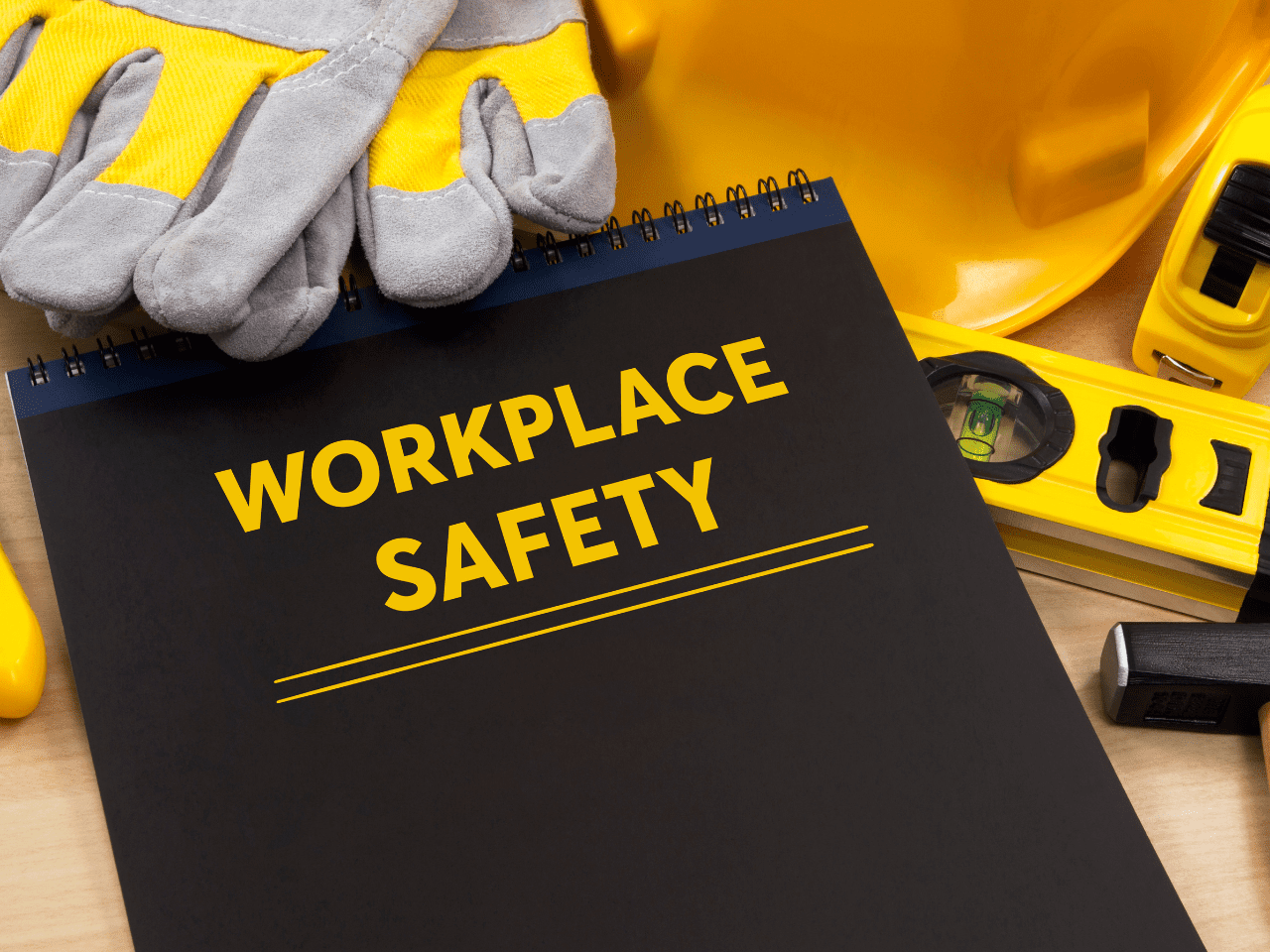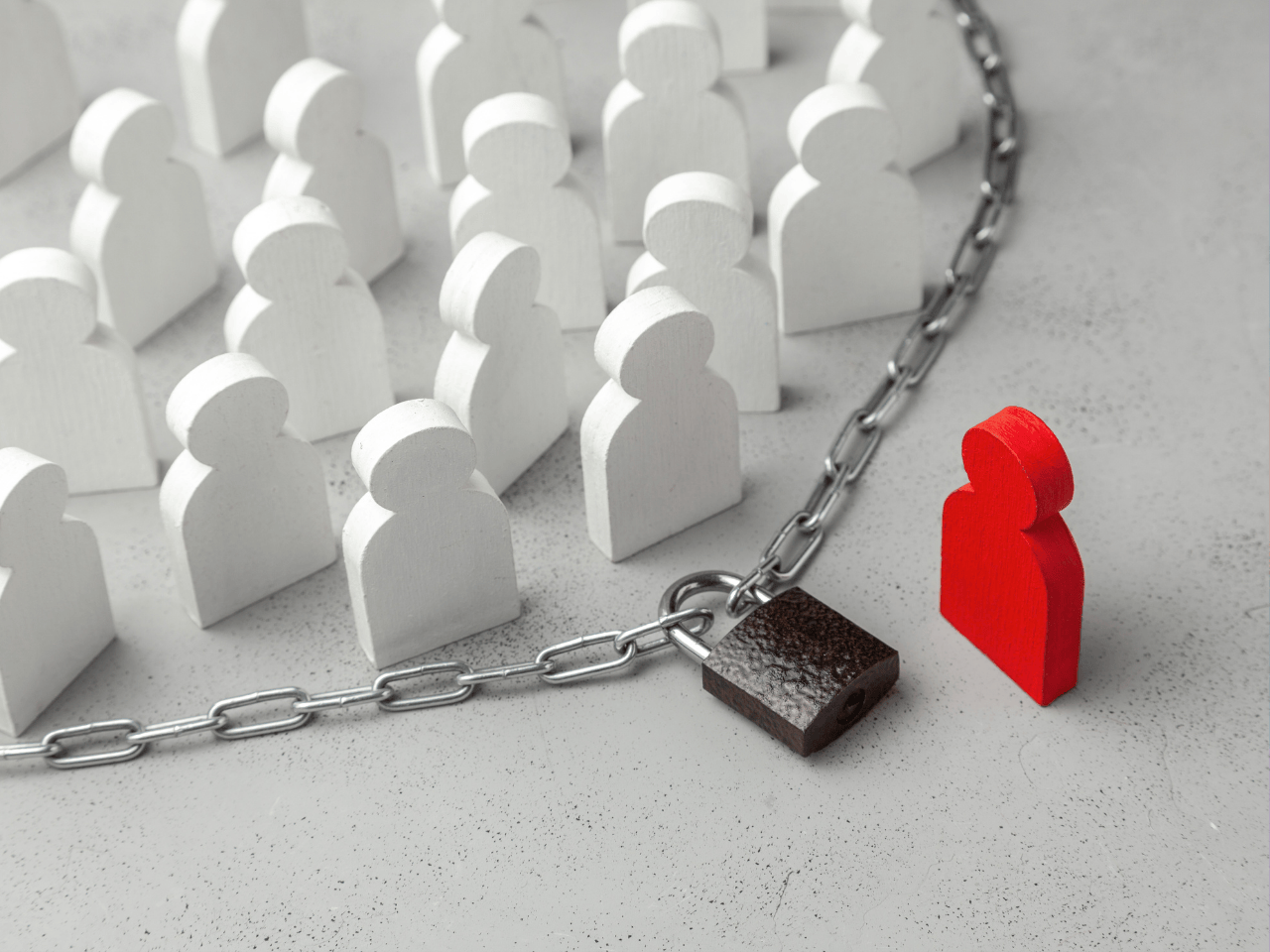Across Australia, construction sites are more complex and interconnected than ever. Sydney and Melbourne alone are experiencing surges in residential, commercial, and infrastructure projects, while regional developments in energy, transport, and renewable infrastructure are expanding rapidly.
Yet as the industry grows, so do safety challenges. Safe Work Australia (2025) reports that construction accounted for 20 per cent of workplace fatalities in 2024, with 37 deaths, alongside 17,600 serious injury claims. Subcontractors and external suppliers are increasingly involved in high-risk activities, meaning incidents often occur beyond the immediate control of principal contractors.
This reality is reshaping the conversation around workplace health and safety (WHS). Rather than reacting to accidents after the fact, leading construction firms are embedding WHS audits into their contractor management practices.
While safety efforts on direct worksites are improving, growing reliance on subcontractors and external suppliers introduces new vulnerabilities. Without robust mechanisms for oversight and verification, incidents occurring in the supply chain can carry legal, financial, and reputational consequences.
Understanding the Risk Landscape in Construction
The construction industry ranks among the top sectors for both fatal and serious non-fatal injuries in Australia. According to Safe Work Australia:
- The fatality rate in construction stands at 2.8 deaths per 100,000 workers, more than double the national average.
- In 2023–24, construction accounted for 12% of all serious workers’ compensation claims, with 17,600 claims lodged.
- The frequency rate of serious claims in construction was 9.3 per million hours worked, significantly higher than the national average of 6.8.
These incidents arise mainly from vehicle-related events, falls from height, and workers being struck by moving objects on high-risk sites and within unmonitored contractor operations.
Beyond Compliance: Why Audits Are Essential
A safety breach within a subcontractor’s site or offshore supplier facility can be just as damaging as one within a primary job site. Legal liability, project delays, and public scrutiny do not distinguish between tiers of accountability.
Conducting health and safety audits across the supply chain is essential to establishing visibility and control. These audits enable principal contractors to:
- Evaluate the effectiveness of WHS systems within subcontractor and supplier operations
- Identify gaps in training, hazard management, and incident reporting
- Assess alignment with international and Australian WHS standards
- Validate real-world compliance through onsite audits rather than self-reporting
Additionally, ethical audits provide assurance that working conditions meet acceptable labour, welfare, and safety standards. This is particularly relevant where suppliers operate in jurisdictions or environments with varying levels of regulation and enforcement.
Mental Health and Emerging WHS Priorities
The latest data highlights a shift in the profile of WHS risks. While traditional hazards remain prominent, psychosocial and health-related conditions are rising sharply:
- Mental health conditions accounted for 12% of all serious claims in 2023–24, up 14.7% year-on-year.
- The median time lost for mental health-related claims was 35.7 weeks, five times longer than for physical injuries.
- Body stressing, falls, trips and slips, and being hit by moving objects remain the most common physical injury mechanisms, making up over 80% of all serious claims.
These results show that good WHS management should include psychological safety, fatigue management, and checks on working conditions. This is especially important for contractors and suppliers in tough environments or under tight deadlines.
The Role of Audits in Ensuring Contractor Safety
For construction firms, WHS audits provide a practical way to maintain visibility and oversight across contractor and supplier operations. Rather than relying solely on self-reported compliance, audits allow companies to assess the effectiveness of health and safety systems, identify gaps in training or hazard management, and confirm alignment with both Australian and international WHS standards.
By embedding auditing into contractor onboarding and ongoing monitoring, organisations can:
- Identify high-risk contractors early
- Set and maintain consistent Workplace health and safety expectations across all parties
- Provide clear reporting to regulators, clients, and stakeholders
- Align with ESG goals and the Australian Work Health and Safety Strategy 2023–2033
- Ethical audits can also support workforce wellbeing by reviewing labour practices, working conditions, and welfare standards, especially for suppliers operating in regions with different regulatory requirements. Together, health and ethical audits help firms understand where improvements are needed and ensure consistent safety practices across the supply chain.
How Achilles Audits Help Construction Companies
Achilles audits, along with our Ethical Business Program support construction companies in applying a structured, evidence-based approach to supplier and contractor risk management. Our offerings include:
- Independent onsite health and safety audits across domestic and international operations
- Comprehensive ethical audits covering working conditions, labour practices, and site-level safety
- Comprehensive supplier risk profiling to enable WHS-informed procurement decisions
- Ongoing compliance tracking aligned to ISO 45001 and AS/NZS standards
Looking ahead
The Safe Work Australia 2025 data confirms that WHS risks remain elevated in construction, particularly within supply chains that lack visibility and enforcement. Serious incidents are not limited to primary job sites, and principal contractors are increasingly held accountable for failures across their entire delivery ecosystem.
By incorporating regular health and safety audits, including onsite and ethical audits, into their contractor and supplier engagement strategies, Australian construction firms can protect their workforce, minimise operational disruptions, and uphold their legal and ethical responsibilities.
Contact Achilles today to learn how our auditing services can help you build a safer, more resilient supply chain.



